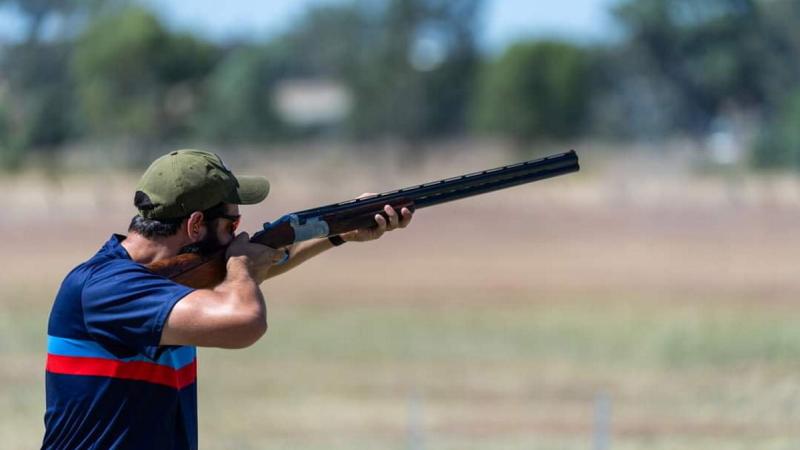
“Beyond Guilt Trips: Mindful Travel in an Unequal World,” by Anu Taranath, was published in May by Between the Lines.
Recent notable books by University of Washington faculty explore mindful international travel, men seeking work as day laborers, and activist teachers.
Mindful travel, thoughtful engagement in an unequal world
What is it like to travel through parts of the world that are socioeconomically different from home? How can travelers navigate the challenges, opportunities – and sometimes powerful emotions – of respectfully exploring cultures with lower incomes, different cultural patterns and far fewer luxuries?
Anu Taranath, a senior lecturer in the University of Washington Department of English and the Comparative History of Ideas program, explores such questions in her new book, “Beyond Guilt Trips: Mindful Travel in an Unequal World.” Taranath has led student trips specializing in human rights themes to India, Mexico and other locations, and has her own consulting company on racial equity.
Anu Taranath book events
- 7 p.m. May 29
Elliot Bay Book Company
1521 10th Avenue, Seattle
- 7 p.m. June 5
Third Place Books
17171 Bothell Way NE.
“Many of us want to connect with people unlike us, and we know that’s a good thing – it’s good for our democracy, good for our souls, good for our communities,” Taranath said. “But we’re also not sure how to do so, because of the persistent inequities in race, economics and global positioning.
“And having good intentions and knowing how to connect are two different things.”
The book, she said, is informed by her many travels with UW students and the ways she sees them wrestle with ideas like: What does it actually mean to be global citizens, to be mindful of these inequalities and to act accordingly?
“We often soak in guilt and soak in shame for all that we have, especially if we come from a very privileged background and are going into communities that have little or none of what we have. How could you not feel guilty? How could you not start feeling really uncomfortable?”
“Beyond Guilt Trips” starts at home and takes readers through stories where Taranath – both narrator and a central character in the telling – and students and others are finding their way through that guilt. What happens on the far side of such feelings, she asks. “And what else might we find?”
Her advice? A mix of persistence and humility. “You have to stay in it to get through it – that’s the first thing. We live in an exceptionally distracted time, and whenever there is an uncomfortable moment of feeling we are quick to swipe it away, to move out of it.”
But try to resist that, Taranath advises. And try to understand that “mindful travel in an unequal world isn’t about getting on a plane to go somewhere – it’s about paying attention, and noticing positionality in relation to each other. It’s about understanding that we are all living in a much longer history that has put us in different positions of advantage and disadvantage, and equipped us with very few tools to talk about it.”
Taranath added that these lessons are not only for travel.
Such conversations, she said – about having or not having, or enjoying opportunity or not – “these are not just questions you experience when you are abroad in Nepal or in Honduras. They are questions our students should be grappling with, all the time, here, in the community they are in.”
“Beyond Guilt Trips: Mindful Travel in an Unequal World” – with illustrations by Seattle-based artist Ronald “Otts” Bolisay, was published in May by Between the Lines.






